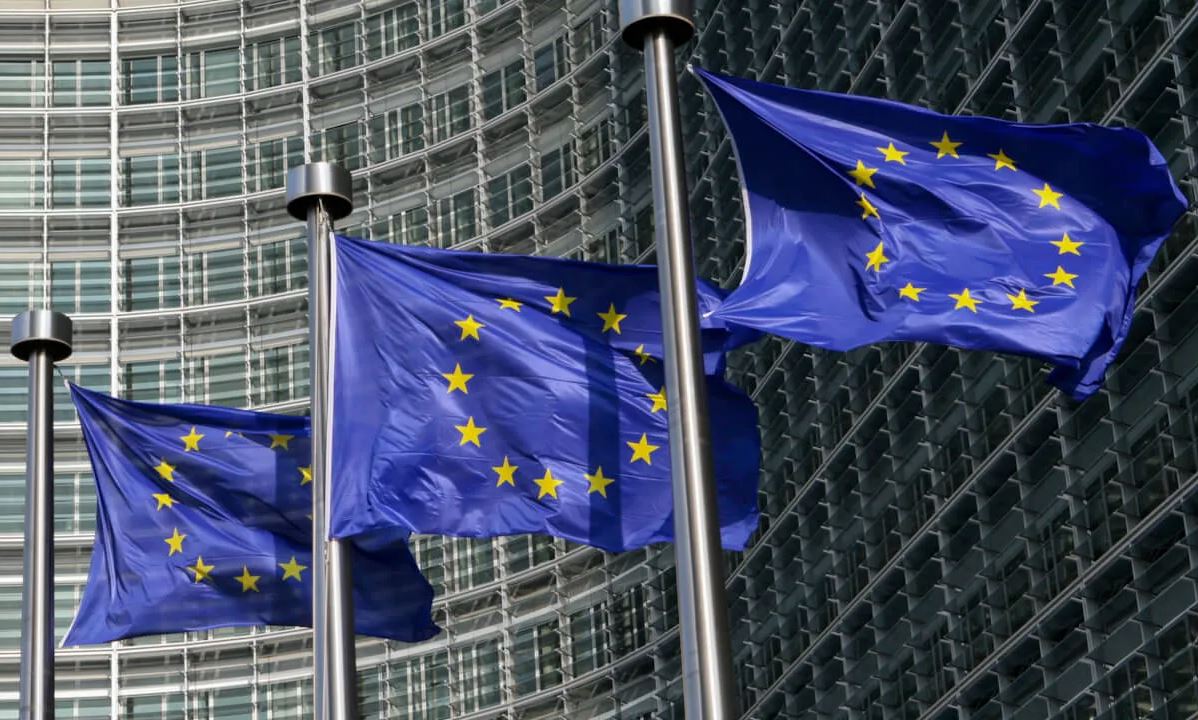European Commission to Credit Efficient Cooling in Renewables Calculation
January 21, 2022

The European Commission (EC) in December published new efficiency-based rules for calculating the quantity of renewable cooling and district cooling that can be counted towards the EU’s renewable energy targets.
This delegated act clarifies both how cooling can count towards an EU member state’s overall renewables target and how it contributes to the sectoral targets on heating, cooling and district heating and cooling under the Renewable Energy Directive (2018/2001/EU).
The new calculation methodology fills a gap in the current legislation as the renewable cooling contribution to renewables “could not so far be calculated in practice, even though it was in principle covered by the Renewable Energy Directive since 2009,” the EC said in a statement. The EU methodology “is the first such calculation method introduced anywhere in the world,” the EC added.
The delegated act has been sent to the European Parliament and the European Council for a two-month review. If these institutions don’t object, the act will enter into force after publication in the Official Journal of the European Union.
The act measures renewable cooling systems based on their energy performances, linking them with seasonal performance factors (SPFs) considered in the EU Ecodesign Directive (2009/125/EC). According to the EC, the legislation establishes two efficiency thresholds: cooling systems below the lower threshold will not count as renewable cooling, while those performing above the upper threshold will. Cooling systems performing between the two thresholds will be able to credit a linearly increasing quantity of cooling as renewable energy as their efficiency approaches the higher threshold.
The new rules intend to reward the most energy-efficient technologies, such as efficient reversible heat pumps and district cooling networks, recognizing their value in achieving renewable energy targets in the sectors of heating, cooling and district heating and cooling.
More renewable energy foreseen
The Renewable Energy Directive supports the uptake of renewable energy sources across European member states. Among other initiatives it is designed to shape the future of HVAC&R. The currently discussed revision of the directive foresees “at least 40% of renewable energy sources feeding into the European grid by 2030,” a substantial leap forward considering the share is currently about 20%.
The EC’s efficient cooling rules recognize the need to account for cooling in the fight against global warming. Notably, the EC observes that cooling is steadily becoming a significant energy-requiring sector. According to EC estimates, the sector consumes between 5% and 20% of total energy in some European countries.
As an increasingly energy-intensive sector, deploying energy-efficient cooling systems is expected to contribute to the achievement of the 2030 goals of the “Fit for 55” legislative package and the climate neutrality framework set by the European Green Deal for 2050.


